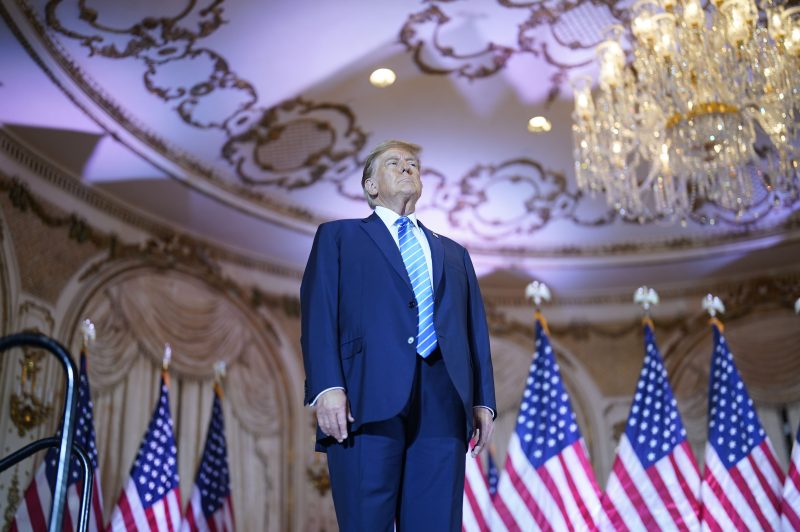In the current political landscape of the United States, the Republican Party has been facing criticism for what some perceive as an increasing trend towards authoritarianism. This shift, often described as authoritarian curious, has generated a mix of concern and support within the party and beyond.
One key aspect of this authoritarian curiosity within the Republican Party is the focus on strong leadership and top-down decision-making. Some argue that in a rapidly changing world marked by complexity and uncertainty, a more centralized and forceful approach is needed to address various challenges effectively. This view is supported by those who value order, stability, and a clear sense of direction in governance.
On the other hand, critics of this trend warn that an overly authoritarian style of leadership can erode democratic norms and institutions. They argue that a healthy democracy requires robust checks and balances, transparency, and the protection of individual rights and freedoms. By concentrating power in the hands of a few, the authoritarian curious Republican Party may risk undermining the very foundations of American democracy.
The issue of authoritarian curiosity is also intertwined with the concept of populism, which has gained traction in recent years across the political spectrum. Populist leaders often leverage popular discontent and societal divisions to consolidate power and advance their agenda. In the case of the Republican Party, this populist streak has contributed to the rise of leaders who project strength and decisiveness, appealing to segments of the population disillusioned with traditional political elites.
Moreover, the growing influence of media and the rise of social media platforms have played a significant role in shaping the narrative around the authoritarian curious Republican Party. With the ability to reach mass audiences instantaneously, political figures can bypass traditional gatekeepers and communicate directly with their followers. This direct-to-consumer approach has enabled leaders to cultivate loyal support bases and disseminate their messages with minimal filter or scrutiny.
In conclusion, the phenomenon of authoritarian curiosity within the Republican Party reflects broader shifts in the political landscape of the United States. While some see it as a necessary response to contemporary challenges, others raise concerns about the potential risks to democracy and governance. As the party continues to navigate these dynamics, the debate over the balance between strong leadership and democratic principles is likely to remain a defining issue for years to come.


